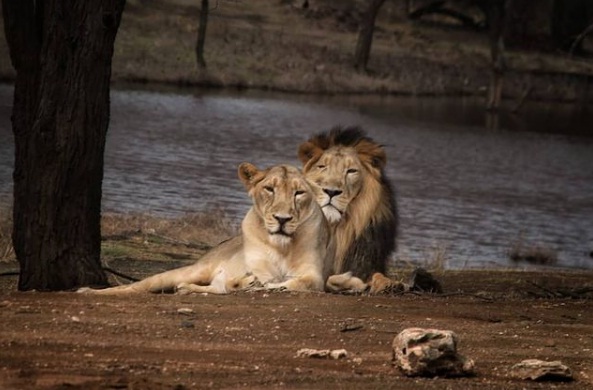United Arab Emirates
-: History :-
Pre-Islamic Era : The region now known as the UAE has a long history of human habitation, with evidence of settlement dating back to the Bronze Age. Trade, fishing, and agriculture were prominent activities.
Islamic Period : In the 7th century, Islam spread to the Arabian Peninsula, and the UAE became a part of the Islamic Caliphate. Islamic traditions and values became deeply ingrained in the local culture.
Trucial States : In the 19th century, the coastal areas of the UAE, known as the Trucial States, signed treaties with the British Empire, establishing a British presence in the region to protect trade routes.
Independence and Union : On December 2, 1971, the UAE was formed by the union of seven emirates, achieving independence from Britain. Sheikh Zayed bin Sultan Al Nahyan, the ruler of Abu Dhabi, played a vital role in the country's formation.
-: Culture :-
Islam : Islam is the dominant religion, and its principles shape the UAE's culture and social norms. Mosques are important cultural and architectural landmarks, and Islamic customs and practices are followed.
Arab and Bedouin Heritage : Emirati culture is influenced by Arab and Bedouin traditions, with an emphasis on hospitality, respect, and strong family ties. Traditional arts, crafts, and customs are cherished and preserved.
Dress and Etiquette : Emirati men often wear the "kandura" or "dishdasha," while women wear the "abaya" and may cover their heads. Respect for elders and modest behavior are highly valued.
Cuisine : Emirati cuisine combines flavors from the Arabian Peninsula, Persia, and India. Popular dishes include "machbous," "mandi," "luqaimat," and "khuzi." Traditional coffee ("gahwa") and dates are served as a sign of hospitality.
Traditional Arts : Emiratis engage in traditional arts such as calligraphy, henna painting, falconry, and traditional music and dance forms like the "ayyala" and "liwa."
-: Facts :-
Capital and Rulers : Abu Dhabi is the capital city of the UAE, and its ruler serves as the President of the UAE. Each emirate has its own ruler.
Economic Diversity : The UAE has diversified its economy beyond oil and gas and is now known for finance, tourism, real estate, trade, and innovation. It is a global business hub.
Expatriate Population : The UAE has a large expatriate community, with people from all over the world working and living in the country. This diversity contributes to a multicultural society.
Official Language : Arabic is the official language, but English is widely spoken, especially in business and tourism.
-: Attractions :-
Burj Khalifa: The world's tallest building, offering stunning views from its observation decks.
Sheikh Zayed Grand Mosque: A magnificent mosque in Abu Dhabi known for its stunning architecture.
Palm Jumeirah: An artificial island shaped like a palm tree, featuring luxury resorts, hotels, and stunning beachfront views.
Dubai Mall : One of the world's largest shopping malls, with a range of entertainment options, including the Dubai Aquarium and Underwater Zoo.
Louvre Abu Dhabi : An iconic museum that showcases art and cultural artifacts from around the world.
Al Fahidi Historic District : Dubai's oldest neighborhood, known for its traditional architecture and narrow lanes.
Sharjah Arts Museum: A significant cultural institution in Sharjah, housing an extensive collection of artworks.
Al Ain Oasis: A UNESCO World Heritage site featuring traditional falaj irrigation systems and lush greenery.
These are just a few highlights of the UAE's history, culture, facts, and attractions. The UAE offers a unique blend of traditional heritage and modern developments, making it a fascinating destination to explore.




0 Comments